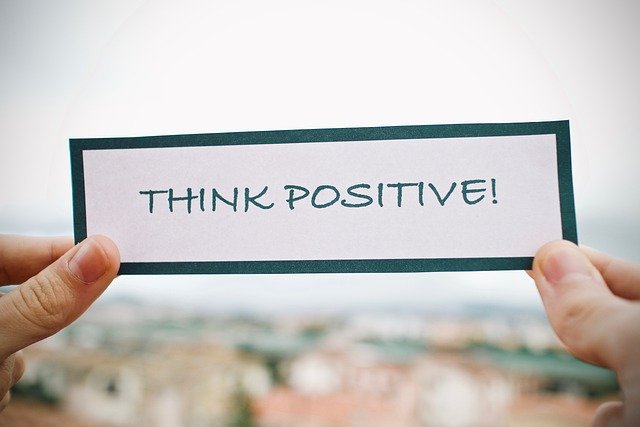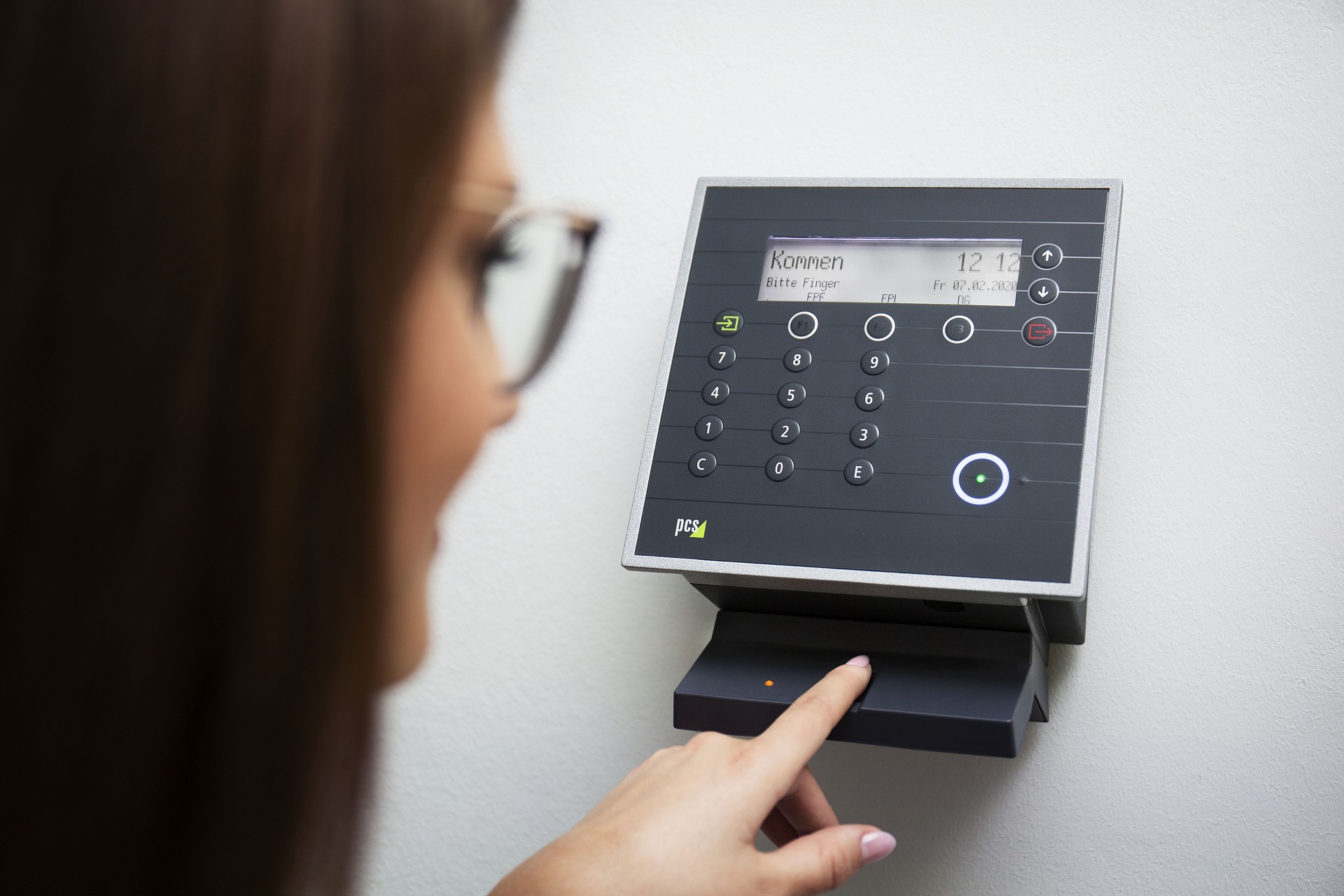Navigating the Labyrinth of Anxiety: Understanding its Roots and Remedies
Anxiety is a ubiquitous part of the human condition, a universal experience that each of us has grappled with, in one form or another, at various points in our lives. It is an emotion characterized by feelings of tension, worried thoughts, and physical changes such as increased blood pressure. For some, it can be a fleeting and manageable feeling, but for others, it can become a debilitating condition that impairs daily life. This article seeks to unpack the complexities of anxiety, exploring its historical context, current relevance, trends, impact, and reception, along with unique insights and potential remedies.

The Historical Context of Anxiety
Anxiety, in its many forms, has been recognized and documented throughout human history. The Ancient Greeks, for example, interpreted anxiety as a response to the displeasure of the gods, while in the Middle Ages, it was often attributed to demonic possession or witchcraft. In the late 19th and early 20th centuries, as the field of psychology began to take shape, anxiety started to be seen as a medical condition that could be diagnosed and treated. Figures like Sigmund Freud played a significant role in this shift, viewing anxiety as a neurotic response to unconscious conflicts.
Throughout the 20th century, our understanding of anxiety continued to evolve. The advent of psychotropic drugs in the 1950s and 1960s revolutionized treatment, providing relief for millions who had previously been without recourse. The latter part of the century saw a shift towards cognitive-behavioral therapies, which focused on changing thought patterns and behaviors that lead to anxiety.
Anxiety in the Modern World
Today, anxiety disorders are the most common mental illness in the United States, affecting around 40 million adults every year. The current relevance of anxiety cannot be understated, especially in light of the COVID-19 pandemic, which has triggered a significant spike in anxiety levels worldwide. In a world that is increasingly connected yet paradoxically disconnected, where the pace of life is accelerating and uncertainty is the order of the day, anxiety seems to be an inevitable by-product.
Trends, Impact, and Reception
The impact of anxiety on individuals and society is immense. It can lead to physical health problems, such as heart disease and gastrointestinal issues, and is often associated with other mental health disorders like depression. It can also impair social and occupational functioning, leading to missed opportunities and diminished quality of life.
There has been a growing trend of openness about mental health, including anxiety, in recent years. This increased visibility has helped reduce stigma and has led to greater investment in research and treatment. However, there remains a significant treatment gap, with only about a third of those suffering from an anxiety disorder receiving treatment.
Unique Insights into Anxiety
One unique insight into anxiety is its adaptive function. From an evolutionary perspective, anxiety can be seen as a survival mechanism that alerts us to potential threats in our environment. This ‘fight or flight’ response can be lifesaving in dangerous situations. However, when this response is triggered excessively in non-threatening situations, it can lead to an anxiety disorder.
Another insight is the role of lifestyle factors in managing anxiety. Regular exercise, a healthy diet, adequate sleep, mindfulness, and social connections can all play a crucial role in reducing anxiety levels. In our increasingly fast-paced and digital world, taking the time for self-care and relaxation is more important than ever.
Remedies for Anxiety
There are many effective treatments for anxiety, ranging from pharmacological interventions to various forms of therapy. Cognitive-behavioral therapy (CBT) is one of the most effective treatments for anxiety, helping individuals change negative thought patterns and behaviors. Antidepressants, benzodiazepines, and other medications can also be beneficial, especially for severe anxiety.
In addition to these conventional treatments, there is growing interest in complementary and alternative therapies for anxiety. These include mindfulness-based approaches, such as meditation and yoga, as well as natural remedies like herbal supplements and aromatherapy.
Despite the prevalence and impact of anxiety, it is important to remember that it is a treatable condition. Understanding its roots, recognizing its symptoms, and seeking appropriate treatment can significantly improve the lives of those affected. As our understanding of anxiety continues to evolve, so too will our ability to navigate its labyrinth and find effective solutions.




